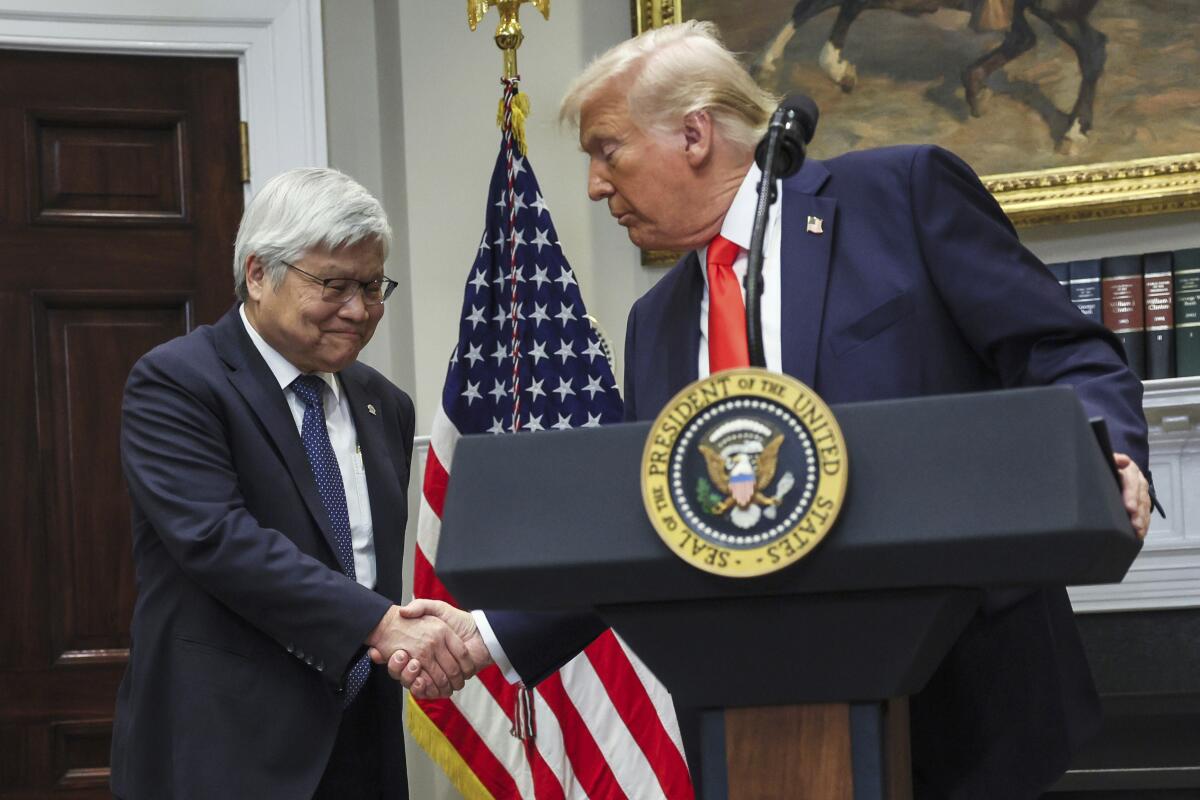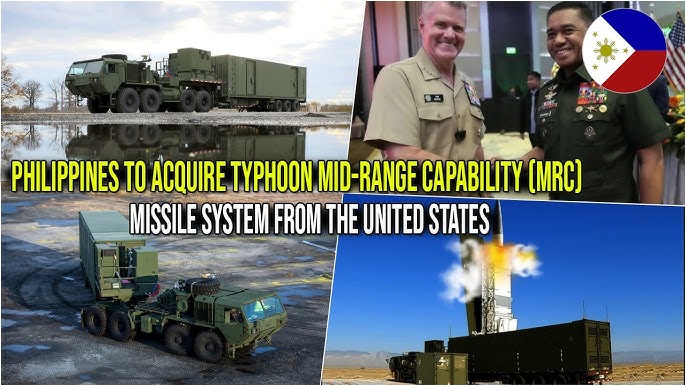
Shao Yuqun, Director, Institute for Taiwan, HK and Macau Studies, Shanghai Institutes for International Studies
Apr 11, 2025
If the Trump administration remains oblivious to the dangers and provocations of Lai Ching-te’s policies, the confrontation between Beijing and the United States over the island will intensify.

Zhang Tuosheng, Principal Researcher at Grandview Institution, and Academic Committee Member of Center for International Security and Strategy at Tsinghua University
Apr 10, 2025
Here are some suggestions for promoting peace, stability and development in the Asia Pacific region. For starters, to avoid bloc politics and confrontation or even a new cold war in the Asia Pacific, China, the U.S., Russia, Japan and India should actively develop new dialogues and exchanges and build on existing ones.

Lucio Blanco Pitlo III, President of Philippine Association for Chinese Studies, and Research Fellow at Asia-Pacific Pathways to Progress Foundation
Jan 21, 2025
The Philippines has played a dynamic role in the Indo-Pacific as of late, now drawing the ire of Beijing by accepting U.S.-made defense systems in the northernmost reaches of its islands. While this may come off like a geopolitical power play, the Philippines still has steadfast commitments to its interests in its own backyard that deserve examination.
Shao Yuqun, Director, Institute for Taiwan, HK and Macau Studies, Shanghai Institutes for International Studies
Dec 20, 2024
America’s China policy, characterized by major-power competition, has had a subtle yet significant influence on the Taiwan question. The next U.S. administration, whether led by Kamala Harris or Donald Trump, is likely make changes. The devil will be in the details.
Ted Galen Carpenter, Senior Fellow, Randolph Bourne Institute
Dec 20, 2024
Former Taiwanese President Tsai Ing-wen’s call for the U.S. to prioritize aid to Ukraine over Taiwan drew scrutiny, especially given rising cross-Strait tensions. While Tsai’s stance may momentarily shift Trump’s administration's attention in East Asia, it risks undermining his likely focus on ending the costly Ukraine conflict and confronting China more aggressively, with Taiwan as a key flashpoint.
Jin Chenyi, Assistant Fellow, China Institute of International Studies
Nov 18, 2024
In small but steady degrees, the United States is undercutting its stated commitment to “one China” by subtly modifying its words. The meanings it has added in diplomatic discourse do not promote confidence that it will continue to honor the agreements it has made. On the contrary, U.S. actions belie those agreements.

Sep 30, 2024
Derek Grossman is a senior defense analyst at RAND focused on a range of national security policy and Indo-Pacific security issues. He closely tracks intensifying U.S.-China competition throughout the region, including Asia and Oceania. Grossman was interviewed recently by Wang Zhijin, a reporter for China-US Focus, at the recent Xiangshan Forum in Beijing.
Zhong Houtao, Associate Professor, School of National Security, University of International Relations
Jun 14, 2024
Recently elected leader Lai Ching-te is turning toward open advocacy for independence. But his populist agitation is straining relations with the United States, dragging down economic development and potentially compromising peace and stability in the region.
Tian Shichen, Founder & President, Global Governance Institution
Huang Xianwen, Postgraduate of International Law, China University of Political Science and Law
Guo Hongyi, Postgraduate of International Law, Tsinghua University
Apr 12, 2024
Three evils threaten to prevent the peaceful reunification of the Chinese people. Many on both sides hope for a respectful resolution of the Taiwan issue. This will require a comprehensive and nuanced approach by key stakeholders on the island and in Beijing, as well as the international community.